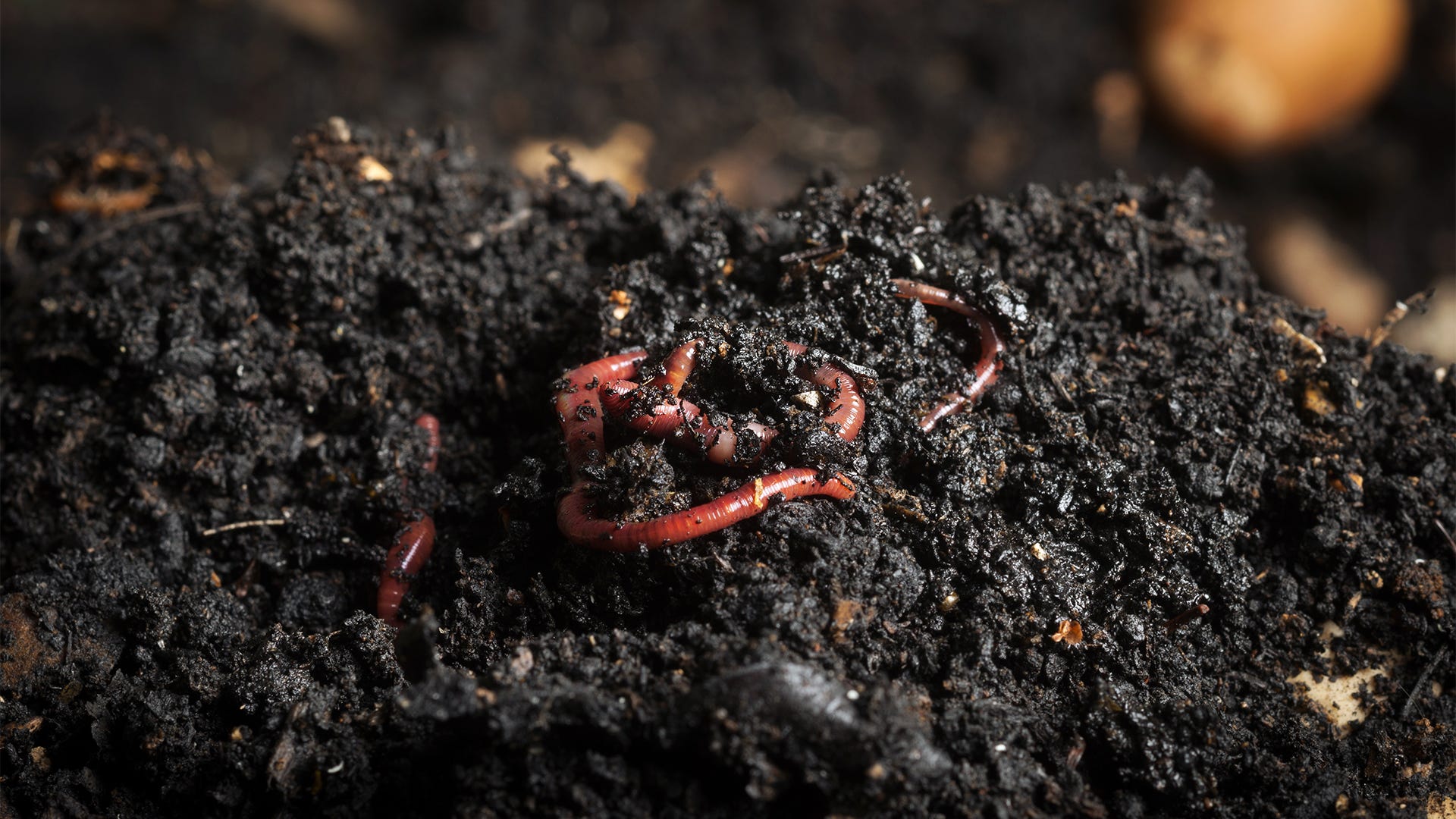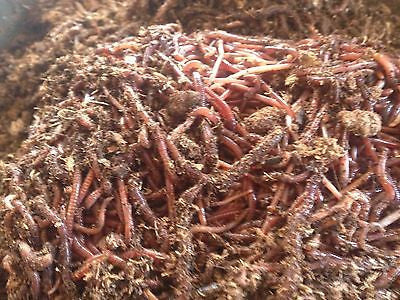Red Wiggler Worms - Reliable Decomposers for Your Compost Bin
Red Wiggler Worms - Reliable Decomposers for Your Compost Bin
Blog Article
Red Wiggler Worms Demystified: Opening the Keys of Vermiculture for Greener Living and Nutrient-Rich Soil
In the realm of lasting methods for enhancing soil high quality and advertising eco-conscious living, red wiggler worms play a pivotal yet usually overlooked duty. Red Wiggler Worms. Understanding the complexities of caring for these worms, optimizing their environment, and utilizing their spreadings can lead to a greener way of life and much healthier soil for plants to grow.
The Function of Red Wiggler Worms
Red Wiggler worms play a crucial duty in composting systems by successfully damaging down organic issue right into nutrient-rich castings. These voracious eaters eat a variety of organic materials, such as cooking area scraps, lawn waste, and paper products. As they feed, the worms' gastrointestinal procedures break down the raw material right into a fine, dark, and nutrient-dense material referred to as worm castings or vermicompost.
The castings produced by Red Wiggler worms are very useful for dirt health and wellness and plant growth. They are rich in necessary nutrients like nitrogen, phosphorus, and potassium, which are important for supporting healthy plant development. In addition, worm castings consist of useful microbes and enzymes that aid boost dirt structure, rise water retention, and boost nutrient uptake by plants.
Benefits of Vermicomposting

It enhances soil structure, boosts soil aeration, and enhances dirt dampness retention. Vermicompost likewise enriches the soil with essential nutrients like potassium, phosphorus, and nitrogen, promoting plant growth and overall soil fertility.
In addition, vermicomposting assistances sustainable horticulture practices by giving a chemical-free and natural alternative to artificial plant foods. Red Wiggler Worms. This eco-friendly strategy not only enriches the soil however also aids lower dependence on damaging chemicals, promoting a greener and a lot more sustainable method of horticulture
Establishing a Worm Container
When developing a worm bin for vermicomposting, correct configuration is essential to ensure the success of the composting process. The first step in establishing up a worm container is picking a suitable container.
After including the bed linens, present the red wiggler worms to the bin. The worms ought to after that be supplied with food scraps such as fruit and vegetable peels, coffee grounds, and eggshells.
Regularly keep track of the moisture degrees and temperature in the worm bin to make sure ideal problems for the worms. With proper configuration and maintenance, the worm bin will effectively convert natural waste right into nutrient-rich compost for your plants and garden.
Harvesting Worm Castings
To efficiently accumulate nutrient-rich worm castings from your vermicomposting system, a systematic harvesting technique is crucial. There are a few essential actions to follow to make certain a successful procedure when it comes time to gather the worm spreadings. First of all, stop adding fresh food scraps away of the worm bin for a number of weeks before gathering. This urges the worms to move to the side with fresh bed linen and food, making it simpler to scoop out the castings from the opposite side.

Troubleshooting Common Issues
Determining and resolving typical obstacles that might emerge throughout the vermicomposting process is crucial for maintaining a healthy and balanced and efficient worm container. Adding excess food scraps can lead to a buildup of dampness and acidity in the worm container, potentially hurting the worms. One more issue is unpleasant smells emanating from the worm container.
In addition, if the worm populace is declining or the worms show up unhealthy, maybe because of environmental stressors such as severe temperature levels or pH levels. Checking these factors and making necessary changes is crucial for the well-being of the worms. By troubleshooting these typical concerns promptly, vermicomposters can make certain a successful and smooth vermicomposting procedure while preserving a flourishing worm population.

Verdict
In final thought, red wiggler worms play an important function in vermiculture by breaking down natural matter right into nutrient-rich dirt. Establishing up a worm bin is essential for successful vermiculture, and gathering worm castings supplies important compost for gardening.
As they feed, the worms' digestive procedures break down the natural matter into a penalty, dark, and nutrient-dense material known as worm castings or vermicompost.
The castings generated by Red Wiggler worms are extremely valuable for dirt wellness and plant growth. Adding excess food scraps can lead to an accumulation of dampness and acidity in the worm container, potentially dig this damaging the worms.Furthermore, if the worm population is declining or the worms appear undesirable, it can be due to environmental stressors such as severe temperature levels or pH degrees. Establishing up a worm bin is necessary for successful vermiculture, and harvesting worm spreadings supplies beneficial garden compost for gardening.
Report this page